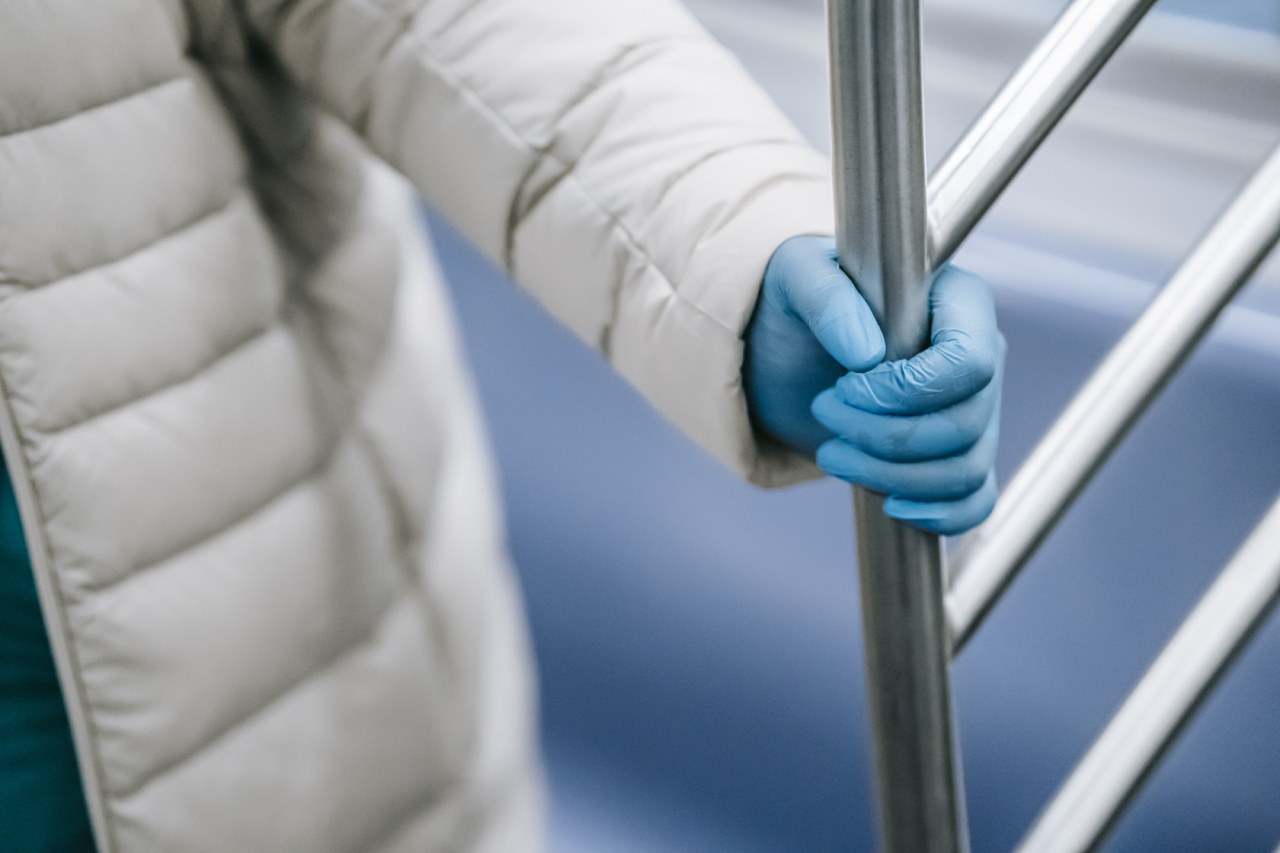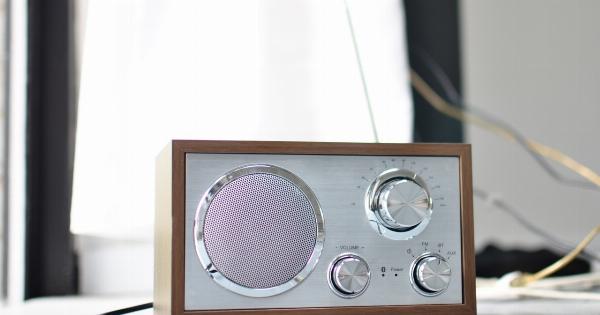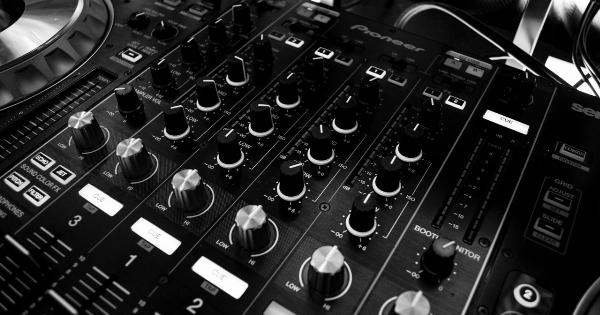Car noise can be a significant source of noise pollution and can have negative effects on our hearing health if not properly managed.
Excessive exposure to car noise, particularly when driving at high speeds or in noisy traffic conditions, can lead to hearing damage over time. In this article, we will discuss some effective strategies to protect your hearing from car noise.
1. Use Soundproofing Materials in Your Car
One of the most effective ways to reduce car noise and protect your hearing is to install soundproofing materials in your vehicle.
Soundproofing materials, such as mass loaded vinyl, foam panels, and acoustic sprays, can help absorb and block the noise entering your car cabin. This can significantly reduce the level of noise reaching your ears and minimize the risk of hearing damage.
2. Keep Your Car Well-Maintained
A well-maintained car is generally quieter than one with mechanical issues. Regularly servicing your car, ensuring proper tire inflation, and fixing any exhaust system leaks can help reduce the overall noise level of your vehicle.
By keeping your car in good condition, you can minimize the amount of noise that enters the cabin and protect your hearing in the process.
3. Use Noise-Canceling Headphones
Noise-canceling headphones are an excellent option for protecting your hearing from car noise, especially during longer drives. These headphones work by using active noise control technology to reduce the outside noise reaching your ears.
By blocking out excessive car noise, you can enjoy a quieter driving experience and safeguard your hearing health.
4. Choose Quieter Routes
If possible, try to choose quieter routes when driving to minimize your exposure to high levels of car noise. Avoiding congested areas and roads with heavy traffic can significantly reduce the amount of noise you are exposed to while driving.
Planning your routes strategically can help protect your hearing and contribute to a more peaceful driving experience.
5. Close the Windows and Use Air Conditioning
Keeping your car windows closed while driving can help reduce the amount of external noise entering your vehicle.
Additionally, using the air conditioning system inside your car can provide a more comfortable environment and help mitigate excessive noise. By creating a barrier between you and the car noise outside, you can effectively protect your hearing while on the road.
6. Limit Exposure to High-Speed Driving
Driving at high speeds not only increases the risk of accidents but also exposes you to higher levels of car noise.
Limiting your exposure to high-speed driving can help minimize the intensity and duration of noise exposure, reducing the potential harm to your hearing. When possible, opt for slower speeds and choose alternative modes of transportation for shorter distances.
7. Use Earplugs
If you frequently drive on noisy roads or highways, wearing earplugs can be a practical solution to protect your hearing. Earplugs are readily available at most pharmacies and can effectively reduce the amount of noise reaching your ears.
However, it is important to use earplugs designed for noise reduction and ensure they fit properly to achieve maximum protection.
8. Minimize the Use of Horns and Alarms
Excessive use of horns and alarms can contribute to noise pollution, both for yourself and those around you. Whenever possible, try to minimize the use of horns and alarms to avoid unnecessary noise exposure.
Being mindful of your use of these auditory signals not only protects your own hearing but also promotes a quieter environment for everyone.
9. Take Regular Breaks
Long periods of continuous driving can expose you to sustained levels of car noise, increasing the risk of hearing damage. To protect your hearing while on extended drives, make sure to take regular breaks.
Stepping out of the car and giving your ears some quiet time can help reduce the overall noise exposure and prevent potential hearing problems.
10. Educate Yourself About Noise Regulations
Understanding the noise regulations in your area can help you take necessary precautions to protect your hearing while driving.
Familiarize yourself with local laws and regulations related to car noise, and be mindful of any recommended guidelines for noise reduction. By being aware of these regulations, you can make informed decisions to prioritize your hearing health.




























